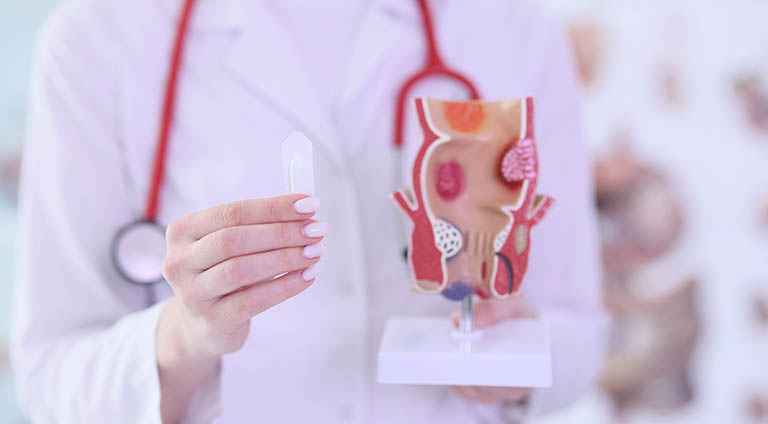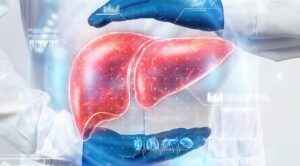Piles, also known as hemorrhoids, are swollen veins in the rectum and anus that cause pain, discomfort, itching, and even bleeding. This common condition can interfere with your daily routine and lower your quality of life. Fortunately, with proper care, hygiene, and lifestyle changes, the symptoms of piles can be managed effectively.
In this blog, we’ll discuss the most important do’s and don’ts during piles, based on modern and Ayurvedic insights, to help you reduce discomfort and recover faster.
What to Do During Piles (Hemorrhoids)
1. Increase Your Fiber Intake
A fiber-rich diet is crucial during piles. It softens the stool and promotes easy bowel movements, reducing the strain on hemorrhoids.
Include:
- Whole grains (brown rice, oats)
- Fresh fruits (papaya, apple, banana)
- Leafy vegetables (spinach, kale)
- Legumes and beans
Tip: Gradually increase fiber to avoid bloating.
2. Stay Hydrated
Drinking enough water helps prevent constipation — a major trigger for piles. It keeps the stool soft and easier to pass.
Recommended: At least 8–10 glasses of water per day.
3. Maintain Proper Anal Hygiene
Clean the anal area gently after each bowel movement to avoid irritation and infection.
Best Practices:
- Use lukewarm water or fragrance-free wipes
- Avoid harsh toilet paper or scented soaps
- Pat dry with a soft towel instead of rubbing
4. Stay Physically Active
Sedentary lifestyle can worsen piles. Light activities stimulate digestion and improve bowel movement.
Recommended Activities:
- Walking
- Yoga
- Swimming
Avoid high-impact exercises or anything that puts strain on the lower body.
5. Use Sitz Baths for Relief
A warm sitz bath (sitting in a tub of warm water for 10–15 minutes) helps reduce pain, itching, and swelling.
Do this 2–3 times a day, especially after bowel movements.
What to Avoid During Piles
1. Avoid Sitting for Too Long
Sitting for extended periods, especially on hard surfaces or the toilet, puts pressure on the anal veins.
Tip: Use a cushion or donut pillow to reduce pressure and take regular movement breaks.
2. Avoid Spicy and Oily Foods
Spicy foods can irritate the digestive tract, worsen inflammation, and lead to painful bowel movements.
Foods to Avoid:
- Spicy curries
- Fried snacks
- Processed and fast foods
- Pickles and preservatives
Stick to bland, fiber-rich meals during recovery.
3. Don’t Lift Heavy Objects
Heavy lifting increases abdominal pressure and can worsen hemorrhoids.
Tip: Seek help with heavy lifting and avoid intense gym workouts during flare-ups.
4. Don’t Ignore the Symptoms
Bleeding, pain, or discomfort should not be taken lightly. If symptoms persist or worsen, consult a doctor or a proctology specialist for proper diagnosis and treatment.
Ayurvedic View on Piles
In Ayurveda, piles are known as “Arsha”, which translates to an enemy of comfort. It is believed that piles occur due to a Tridosha imbalance (Vata, Pitta, and Kapha) often triggered by poor diet, sedentary lifestyle, and stress.
Ayurvedic tips include:
- Avoid heavy and spicy meals
- Eat at regular intervals
- Practice gentle detox with Triphala or Isabgol (under guidance)
- Use herbal sitz baths with neem or turmeric
Final Thoughts: Managing Piles Effectively
Living with piles can be uncomfortable, but with the right lifestyle choices and precautions, you can ease the symptoms and prevent recurrence. By following the do’s and don’ts during piles outlined in this guide, you take a proactive step toward better digestive health and long-term relief.
If symptoms persist or you’re unsure about your condition, don’t hesitate to seek medical attention. A qualified healthcare provider or proctologist can guide you on the right treatment path — be it medication, diet, Ayurvedic therapy, or laser surgery for piles.





